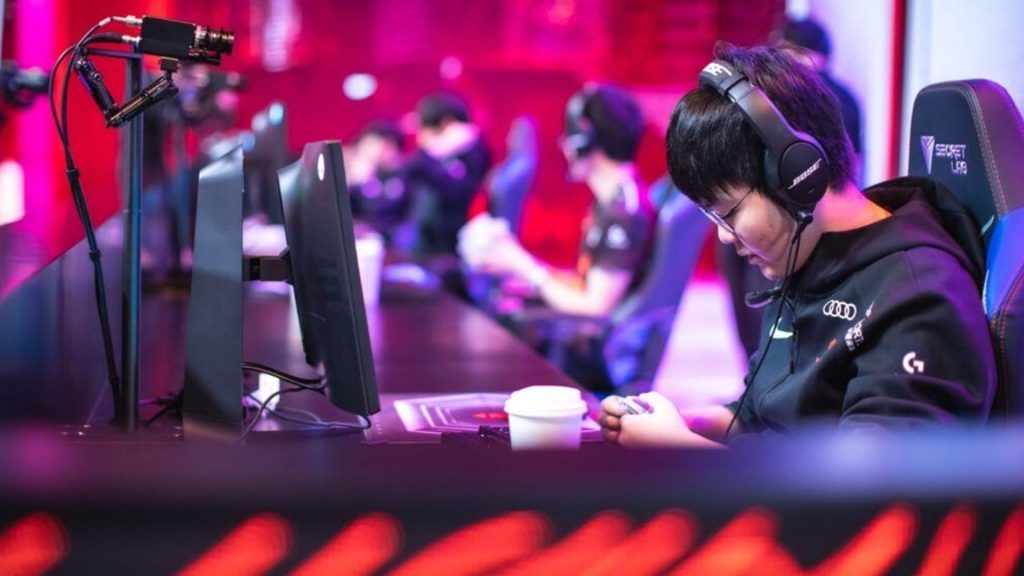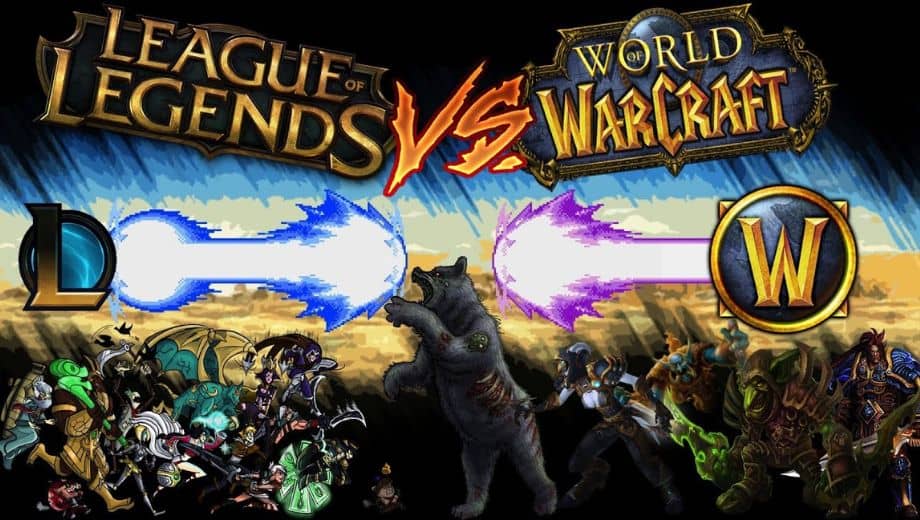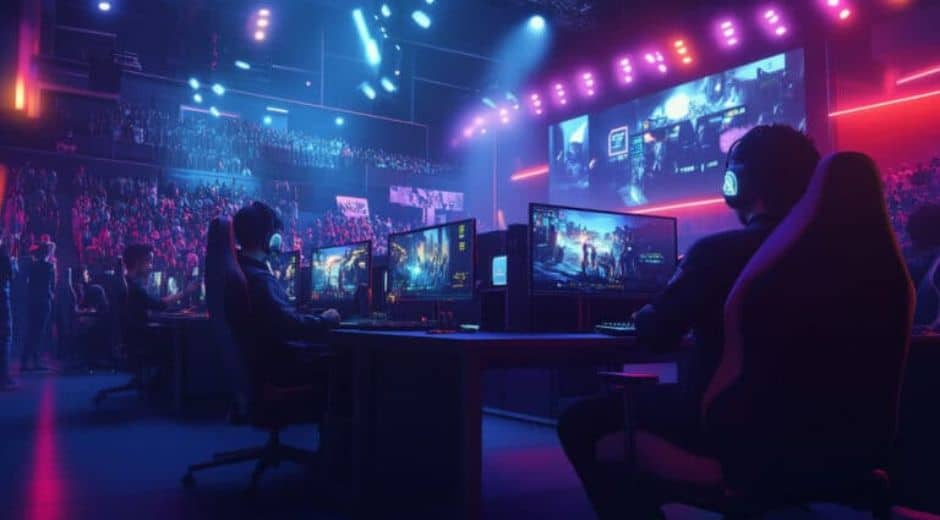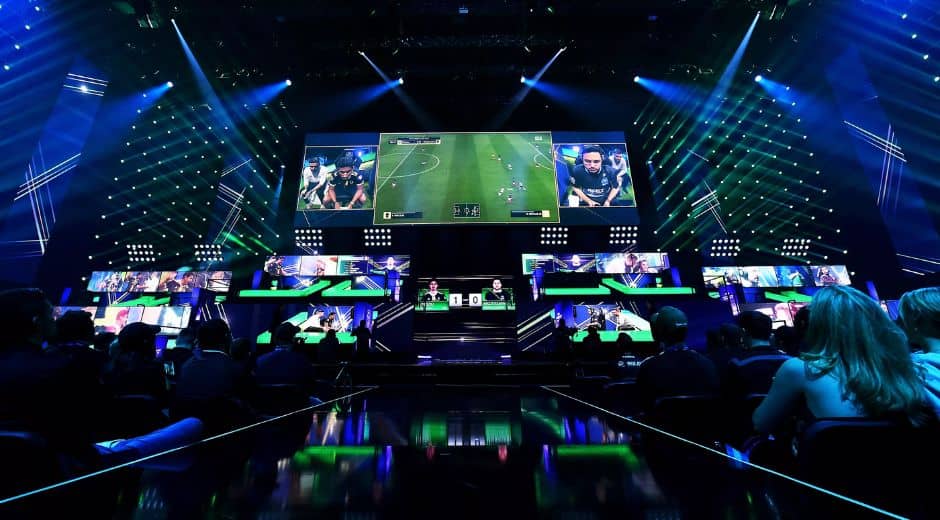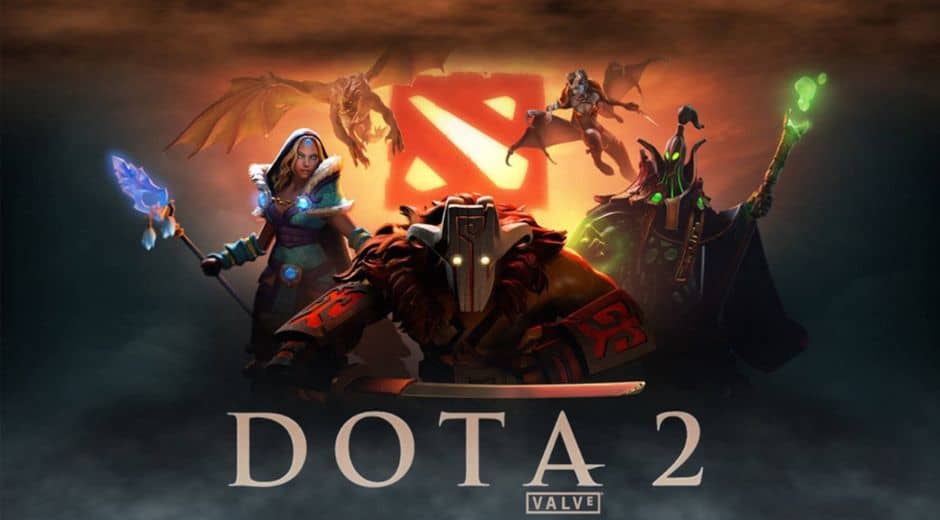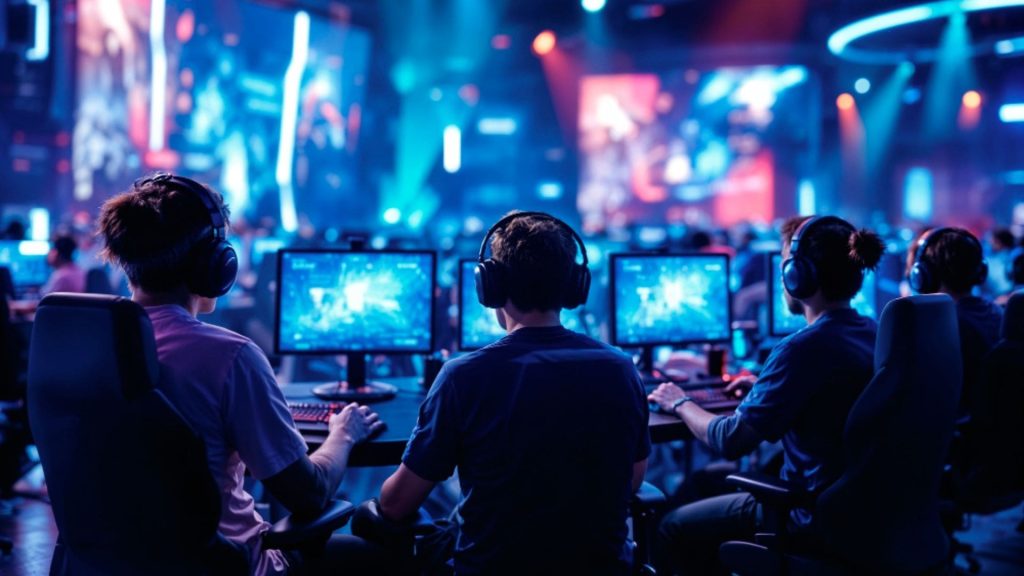Mental Health in Esports: Managing Pressure and Burnout
Mental Health in Esports: Managing Pressure and Burnout
The world of professional esports is thrilling, competitive, and constantly evolving. However, behind the bright lights, sponsorship deals, and large audiences lies a high-pressure environment that can take a toll on players. Understanding mental health in esports is crucial for maintaining both personal well-being and peak performance. As the industry grows, players, coaches, and organizations are recognizing the importance of mental resilience, stress management, and self-care.
The High-Pressure Environment of Esports
Esports athletes face unique challenges compared to traditional athletes. They must perform at high levels for extended periods, often under intense scrutiny from fans and sponsors. Daily practice sessions can last for 6–12 hours, and tournaments often involve rigorous travel schedules. This high-pressure environment can lead to mental health issues such as anxiety, depression, and burnout if not properly managed.
Mental strain is compounded by the competitive nature of the industry. Even small mistakes can have significant consequences in tournaments, sponsorships, and team dynamics. Organizations like GamingNewsHead highlight that supporting the emotional well-being of players is now considered as important as enhancing their mechanical skills.
Burnout: The Silent Threat
Burnout is one of the most common issues affecting professional gamers. Characterized by exhaustion, reduced performance, and detachment, burnout can derail careers if ignored. It’s often the result of repetitive practice without adequate rest, social isolation, and the pressure to maintain top-tier rankings.
Preventing burnout requires both organizational support and personal strategies. Structured schedules, regular breaks, and a focus on work-life balance are essential. Many esports teams now implement mental coaching sessions, mindfulness exercises, and recreational activities to help players maintain mental stability and prevent burnout.
Managing Anxiety and Performance Pressure
Tournament days are particularly stressful. Players must deliver flawless performances while dealing with the weight of expectations from sponsors, fans, and teammates. Anxiety is common, and when unmanaged, it can negatively affect reaction time, decision-making, and overall gameplay.
Effective techniques for managing anxiety include breathing exercises, visualization, and pre-match routines. By focusing on controllable aspects of the game, players can reduce unnecessary stress. Resources like MovieFil provide strategies on managing performance pressure through mindfulness and mental conditioning that can be adapted for esports.
The Role of Coaches and Support Staff
Just as in traditional sports, coaches and support staff play a vital role in safeguarding players’ mental health. Beyond strategy and training, they monitor stress levels, identify early signs of burnout, and facilitate open communication. This support network creates a safer environment where players can focus on growth without feeling isolated.
Analysts, nutritionists, and psychologists are increasingly integrated into professional teams. These experts help players balance cognitive load, maintain focus, and develop coping strategies for competitive stress.
Promoting Healthy Lifestyle Habits
Maintaining good mental health also depends on lifestyle choices. Adequate sleep, proper nutrition, and physical exercise all contribute to better cognitive function and emotional stability. A sedentary lifestyle, irregular eating patterns, and sleep deprivation are common in esports but can have severe consequences if not addressed.
Players are encouraged to incorporate physical workouts and outdoor activities into their routines. Even short exercise sessions improve mood, focus, and resilience, which directly enhance gameplay performance. For creative approaches to wellness and holistic practices, MovieFil provides resources that align with the needs of competitive gamers.
Building a Positive Online Environment
Toxicity in online gaming communities can exacerbate mental stress. Negative comments, harassment, and trolling can affect even the most resilient players. Promoting a positive online environment is critical for protecting mental health. Players should learn to manage online interactions, mute toxic chat, and focus on constructive feedback.
Teams and organizations can enforce strict codes of conduct and offer counseling services to help players cope with online negativity. Streamers and public figures in esports have a responsibility to model healthy behavior, fostering an environment where performance pressure does not compromise emotional well-being.
Mental Health Resources for Esports Athletes
Awareness of available mental health resources is essential. Professional esports organizations increasingly provide access to licensed therapists, psychologists, and wellness apps. Workshops on stress management, cognitive-behavioral strategies, and emotional intelligence equip players with practical tools to handle pressure.
For broader guidance, platforms like GamingNewsHead provide insights into balancing competition with well-being. Meanwhile, external wellness resources like MovieFil offer techniques for meditation, mindfulness, and performance visualization that complement professional support.
The Importance of Peer Support
Peer relationships are fundamental in managing stress and fostering a healthy esports culture. Teammates, mentors, and friends provide emotional backing and help share the burden of expectations. Open discussions about struggles and achievements encourage resilience and create a sense of community.
Supportive environments reduce the stigma surrounding mental health, making it easier for players to seek help when needed. Building a network of allies within and outside the game is a proactive way to safeguard mental health while maintaining competitive excellence.
Balancing Career and Life Beyond Gaming
Finally, it is crucial for esports athletes to plan life beyond competitive gaming. Diversifying interests, engaging in hobbies, and maintaining social connections outside the gaming world enhance mental health and prevent long-term burnout. Education and career planning allow players to transition smoothly when they eventually retire from professional gaming.
A holistic approach ensures that players do not define their identity solely by rankings and tournament results. Organizations and platforms like GamingNewsHead encourage life balance to create healthier and more sustainable careers.
Conclusion
The esports industry is dynamic, fast-paced, and immensely rewarding—but it comes with unique challenges that directly impact mental health. From stress and performance anxiety to burnout, understanding these issues is key to long-term success and personal well-being. By investing in structured routines, support networks, wellness practices, and lifestyle balance, players can thrive both in-game and beyond.
Maintaining strong mental health is not just a personal responsibility; it’s a strategic advantage. Teams, coaches, and organizations that prioritize emotional and cognitive support set their players up for sustainable performance. For guidance on mindfulness, stress management, and holistic approaches, resources like MovieFil complement the professional insights available on GamingNewsHead.
With proactive strategies and a supportive environment, esports athletes can navigate competitive pressures effectively while preserving their mental health, ensuring a fulfilling and successful career.
Gaming Made Simple

Next-Gen Consoles: Latest Updates on PlayStation and Xbox 2025 Releases
Next-Gen Consoles: Updates on PlayStation and Xbox 2025 delivers the latest news, specs, and innovations shaping the future of gaming.

Best Gaming Headsets for Immersive Sound in 2025
Best Gaming Headsets for Immersive Sound in 2025 highlights top headsets, audio quality, comfort, and features that elevate your gaming experience.
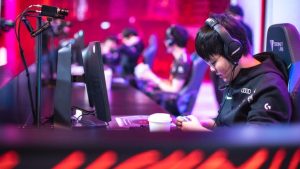
Mental Health in Esports: Managing Pressure, Burnout, and Performance
Mental Health in Esports: Managing Pressure and Burnout explores strategies, support, and wellness tips for pro gamers and teams.
